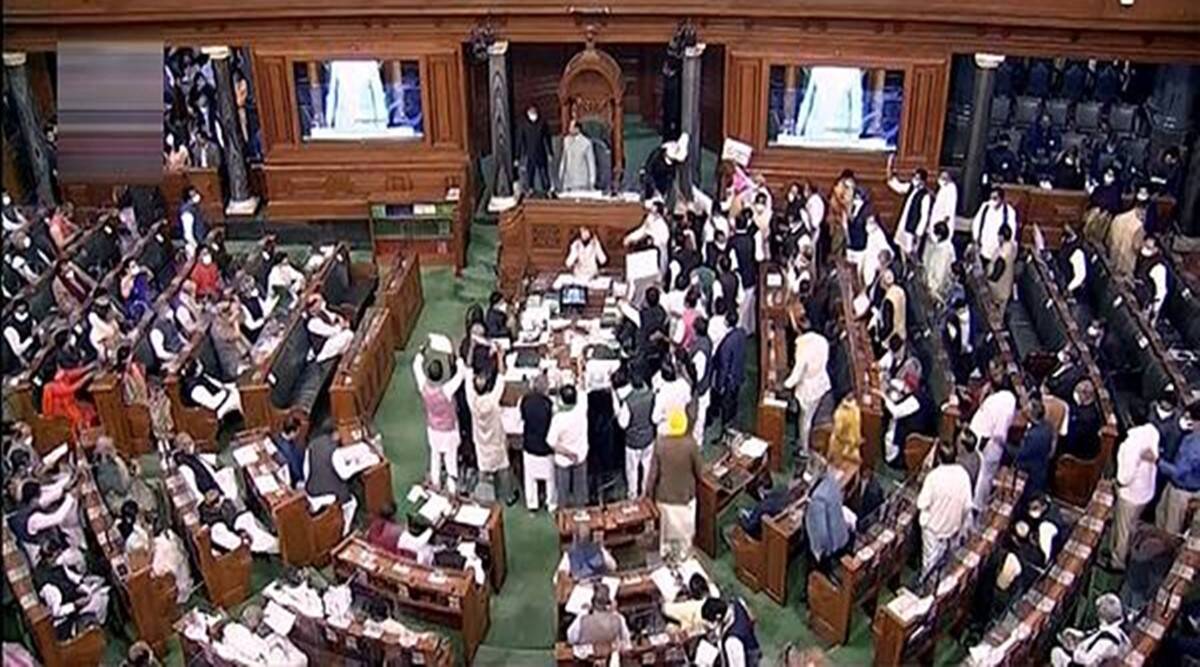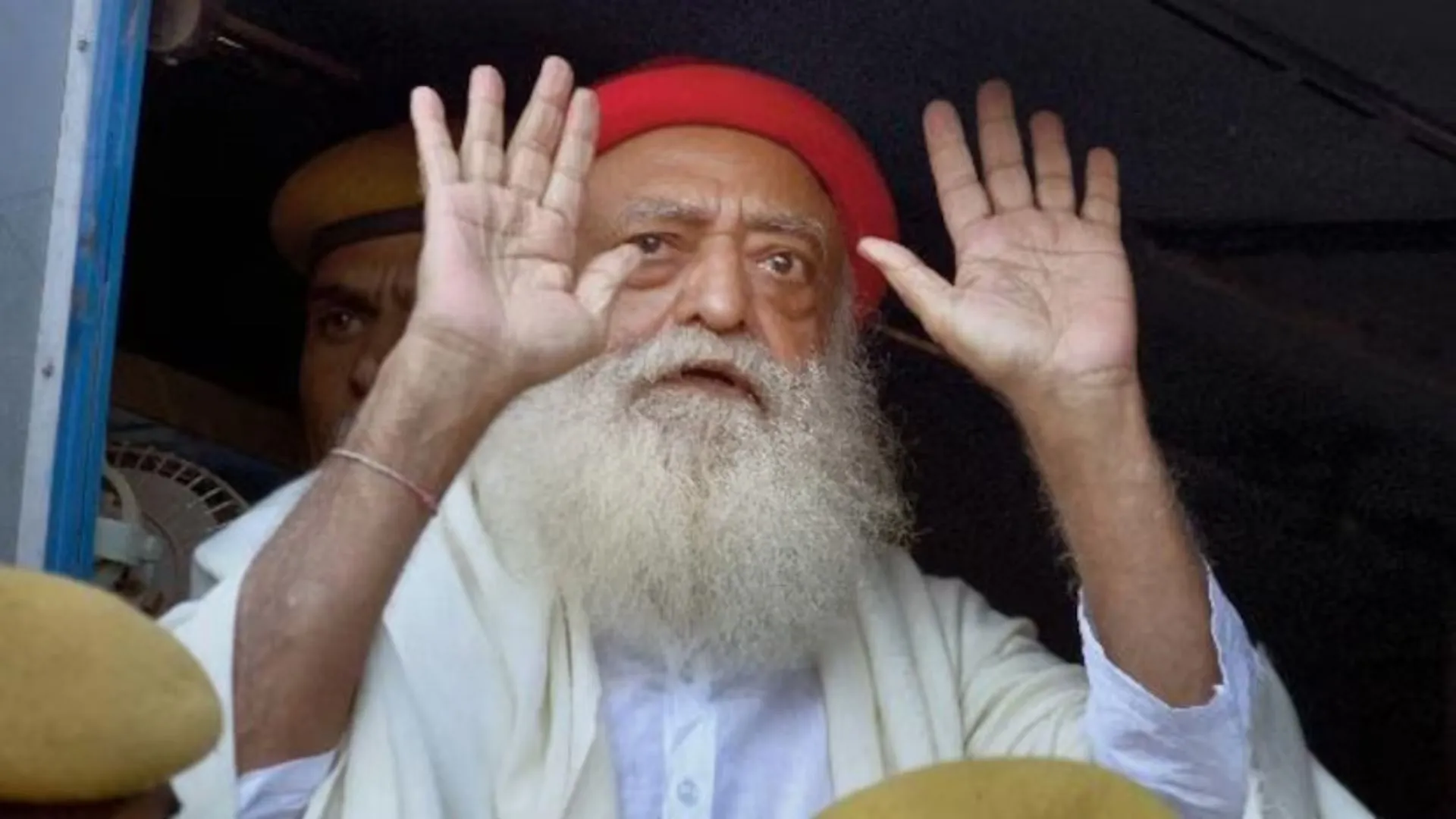The Registration of Births and Deaths (Amendment) Bill, 2023 aims to revolutionize the registration process in India by introducing digital birth certificates and a centralized database for birth and death records. While it promises administrative efficiency and improved access to services, it also raises vital concerns about constitutional rights, privacy, and inclusivity. The Lok Sabha passed the bill during the ongoing Monsoon Session.
Objectives
Digital Birth Certificates: The bill seeks to establish digital birth certificates as comprehensive proof of age for various purposes, reducing the need for multiple documents.
Aadhaar Integration: It proposes linking Aadhaar information of parents and informants to birth certificates, broadening its scope to include various reporting authorities.
Centralized Database: A centralized database will be created to manage birth and death records, ensuring accuracy and accessibility for government services and other essential documents. Obligatory Registration: States will be mandated to register births and deaths on the Centre’s Civil Registration System (CRS) portal and share data with the Registrar General of India.
Benefits
Enhanced Efficiency: The centralized database streamlines administrative processes, minimizing bureaucracy and optimizing service delivery.
Streamlined Access: Citizens can access education, jobs, and other services using a single digital birth certificate, aligning with India’s digital transformation.
Modernized Governance: The bill showcases the government’s commitment to modernize administrative procedures and align with global digital trends.
Challenges
Constitutional Rights: The bill may potentially clash with fundamental rights like education and privacy, especially if schools deny admission based on birth certificate absence.
Privacy Concerns: Collection of personal data like Aadhaar for birth certificates raises privacy apprehensions and questions about data usage.
Digital Divide: Introducing digital birth certificates could marginalize those without digital access, leading to disparities in service accessibility.

















